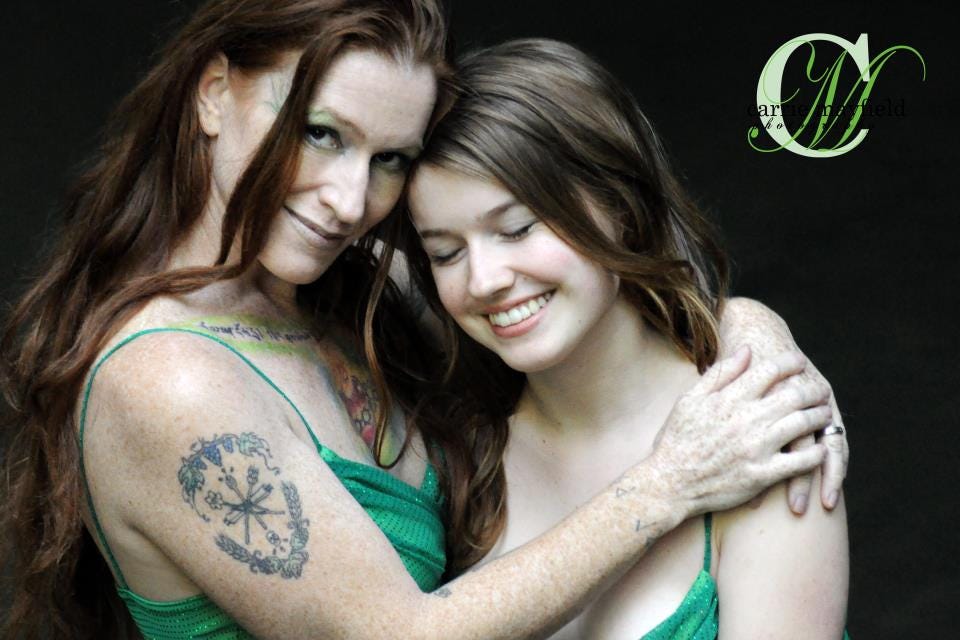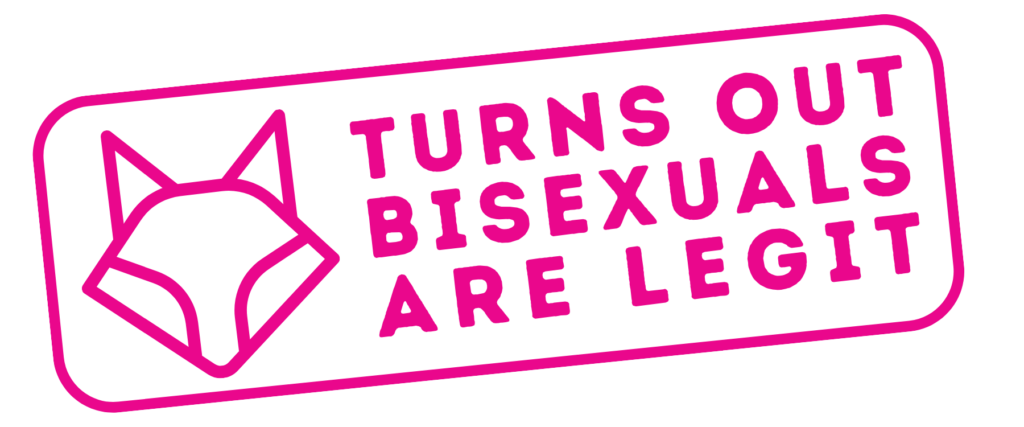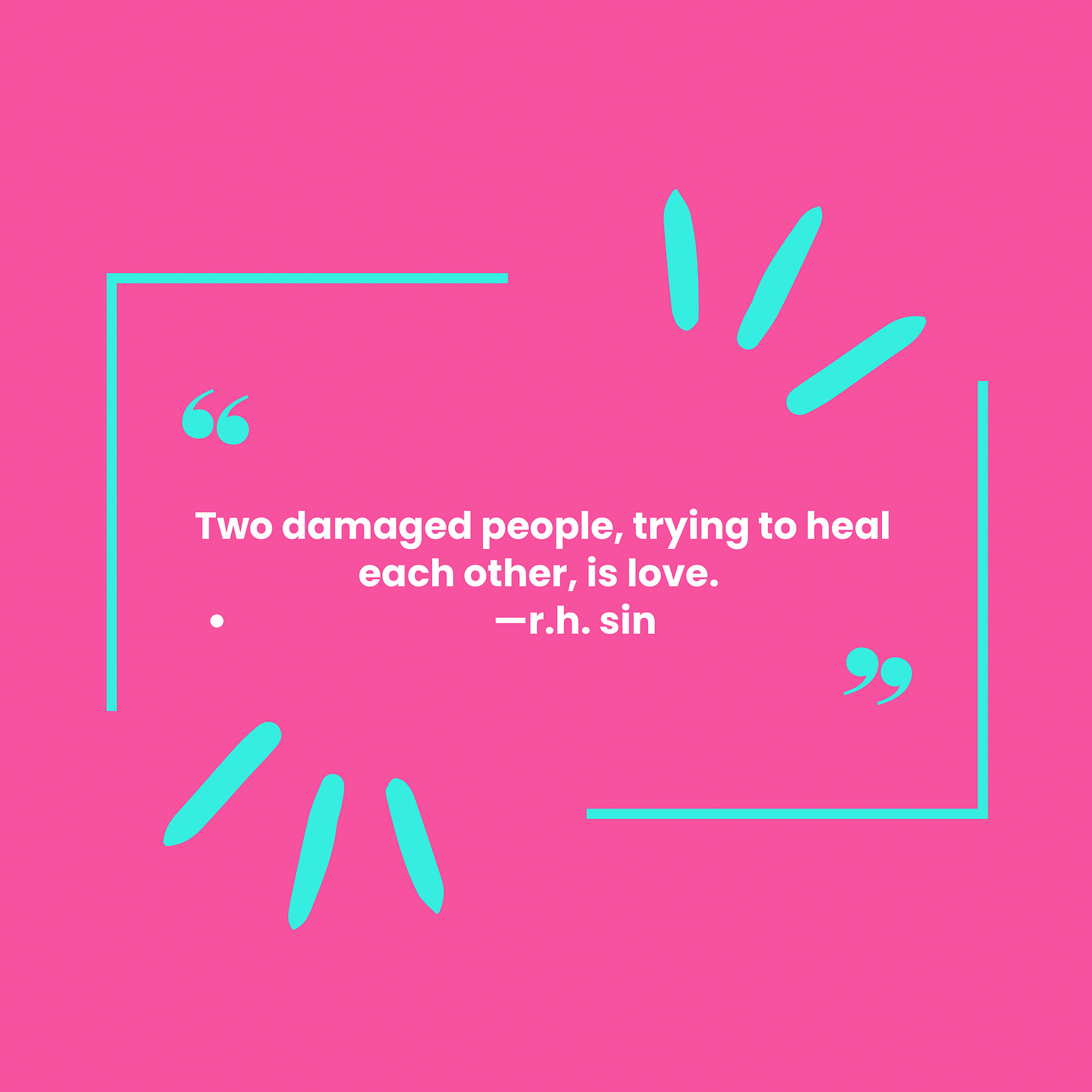Sunday Dispatch: My Queer Reflections on "In-Group" Lateral Aggression
Lateral, or horizontal, aggression (also called lateral violence) is an act of violence between folx from or of the same “in-group.” This concept came out of the Nurses’ Health Study, a longitudinal study that garnered a lot of data, and a lot of attention. This study was the genesis of recognition of this behavioral phenonon. Lateral violence is violence or aggression most often between folx generally of similar levels of power and influence, though violence toward supervisees from supervisors is not uncommon.
After being called a “fake-ass queer” by a close-in queer community member in the midst of a recent argument, I have been reflecting, as I often do in these moments, on the frequent and painful appearances of lateral aggression within the queer community.
When I first learned about this term, many years ago (maybe when I was researching my second book, Jailbreaking the Goddess [Llewellyn, 2016], though it may have been earlier) the concept landed for me solidly. Some hallmarks of this sort of violence; it is more common in stressful units or departments. It often takes place in moments where the violence can’t go up to the chain of command, so it goes sideways.
An aside: When my older kid was a teenager, she would lash out at me from time to time in ways that were kinda mean. She never did the same with her dads (bio- nor step-). I don’t recall the content of the episode on her part that made me realize, oh, there’s an element of lateral aggression here! I do recall that she was reacting in my direction when she was angry at the larger picture, and because I was the AFAB parent, because I was the mom, I was the safe place to let out her anger and frustration. I recall explaining the concept of lateral aggression to her, and telling her that when she lashed out at me and failed to hold the dads accountable, this behavior was an enactment of patriarchal values.
She heard me. And it changed our dynamic going forward for the better.
If only it were that easy to create change on this level in the community at large.
LGBTQIA+ Lateral Aggression
You may be aware of the term “circular firing squad.” It refers to the phenomenon of in-group conflict. This concept, or metaphor, comes to mind when I ponder the nature, and outcomes, of lateral aggression within the queer community–or really, lateral aggression in any marginalized culture I have ever been part of.
Stepping into any kind of limelight or leadership capacity (for instance, being a writer, or serving as an executive director for a queer nonprofit) in a beleaguered community carries risk from all directions. Those outside the community can turn on one perceived to be in a position of leadership at any moment, calling character into question, challenging one’s credentials, lampooning credibility, or questioning the morals or ethics of the leader, or those of the community at large.
Most of us have built up a thick skin on this front, and rarely let the judgments of those outside the community land in any real or lasting way.
More painful and pernicious by far are the ongoing and exhausting attacks from inside the house; the all-too-common lateral attacks on queer credentials and identity, radical standing, intent, impact, and perceived power differentials.
This is a commonly discussed phenomenon amongst Executive Directors, and elsewhere, in the queer community.
And it’s a damn shame. When we have so much to worry about from outside our community, it’s really unfortunate, and debilitating, that we can’t find some way to support one another.
And, there are real reasons why this dynamic exists.
Elements at Play
First, there is the basic reality of ongoing traumatization of queer folx–both at the hand of dominant culture, and unfortunately, as I am addressing in this article, at the hands of other queer-identified folx. We are wounded again and again. From legislative attacks to microaggressions, we wander a battlefield on the daily.
And, we carry the war wounds and the PTSD (and C-PTSD) into our lives as a whole; into our workplaces, our families, our relationships. We lash out at those nearest to us, those within reach. Because we can reach them. Because we can have an impact. Because they are safe.
The traumatization is compounded by this sense of powerlessness. Our fury and rage can’t reach , can't touch, those doing the real damage: the legislators and cops who harm us, the dominant system of employment that pays us less than non-queer folx for the same work, and the replication of the system that continues to pay woman less than men, and enby, trans, and otherwise genderqueer folx less than men, that funds queer orgs as less than 1% of all causes.
So, we lash out with in-group violence. We fight each other instead of fighting the system. We take shelter in gatekeeping and insider status checks, while we simultaneously revel in our outsider status and nurse primary wounds around belonging and the lack thereof.
As a culture, we hold a value of authentic expression and a respect for individualism, while also expecting one another to prove our queer stripes over and over again.
It’s honestly an exhausting way to try to exist in community.
When We Fight, They Win
As we tear each other down, we’re wasting precious time, energy, and resources. And, these resources, as we all know, are hard-won.
What if we took all the energy we currently pour into calling each other out and burning bridges and put it toward the effort for equity, and ultimately our collective liberation?
I’m not saying folx shouldn’t be held accountable or that they should have impunity. I am saying that we are, in many cases, letting our identity politics and our personal and collective traumas run us. I am also saying that while we must hold each other to standards of behavior–especially in the case of intersectional concerns and work toward collective liberation–we must also stop holding each other to unrealistic standards
Double Standards
Misogyny–and trans misogyny, and misogynoir–run rampant in the queer community. And, they spill over onto all AFAB, and especially femme presenting AFAB, folx. These double standards for behavior reflect and are rooted in the dominant paradigm.
I’ll say it out loud here: that double standard exists especially in regards to sexual behavior. Let’s face it; AMAB queers are given more leeway than AFAB queers in regards to sexual expression and conduct. But it also inhabits the territory of how one takes up space, how one speaks, how one steps into positions of authority.
We, as a collective, need to stop replicating these dominant cultural values and expectations and move into a more evolved space regarding gender equity.
Queer Litmus Tests
I know almost no queer folx who haven’t at one time or another expressed the feeling or sentiment of not being “queer enough” by someone else’s standards. I mean, the folx I perceive as the queerest of the queer have told me they also struggle with both external and internal judgment of their queer identity and credibility.
What will it take for us to get to a Big Tent attitude and reality in queer community? When will we realize that there is strength in numbers and that the more of us who feel welcomed into the fold there are, the safer we’ll all be? We gain nothing, in my opinion, by ostracizing those we don’t–for whatever reason–read as “legitimately” queer.
Where To From Here?
My hope is that we can drop the performative verification tests and get down to the real business of healing toward liberation. That we can grow past the in-fighting, and start engaging with our actual opponents more effectively. That we can move more solidly into attitudes of “If you claim you are queer (or trans, or lesbian, or gay, or what have you), I believe you.”
I mean, for fuck’s sake, why would a person live with all the marginalizations of queer identity if they were not actually queer? (Whatever that means.) For example, I know for a fact that my putting my pronoun on my resume–in about 99% of cases–only hurts me. But I do it anyway because my gender identity is important to me. Moreover, I do it because our gender identities are important to me.
So, from this fake-ass queer, I say to all you queers who are struggling with your sense of legitimacy, I see you. And I love you. Welcome home.
Yeah, sometimes the food is shit, and the love conditional, but we’re making our way. Ideally, someday we’ll reach our collective liberation.
Until then, don’t let anyone tell you that the work you are doing is not an important part of that. You are essential. And I’m so grateful to you.
And to those of us who are busy judging other queers, I invite a long look in the mirror. Who amongst us is perfect? (Whatever that means.) "Like an unskilled doctor, fallen ill, you lose heart and cannot discover by which remedies to cure your own disease."
As a culture, and as a community, we are ailing. We are sick and we are flailing. Let’s turn the tide. May we find ways to heal ourselves, and to heal each other
.







Thank you! This comes at a perfect time for me. I appreciate you and will be doing my best to get a group of young activists to read and discuss this.